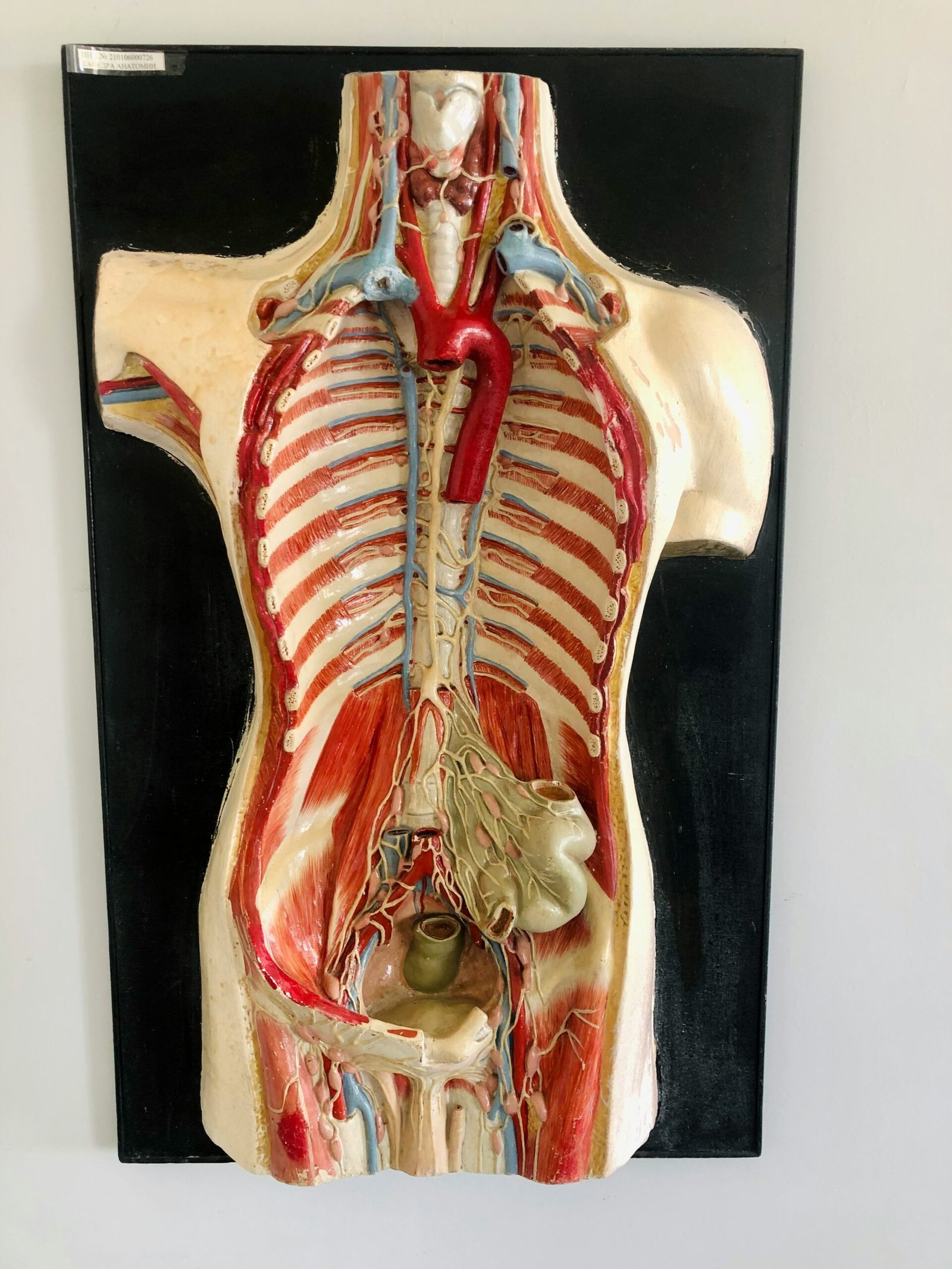Understanding the Importance of Daily Mental Health Practices
Mental health has garnered increased attention in recent years, reflecting a growing recognition of its vital role in overall well-being. Everyday practices aimed at nurturing mental health are fundamental, considering their profound impact on one’s overall quality of life, productivity, and relationships. Small, consistent actions can significantly enhance mental resilience, illustrating the importance of proactive mental health practices as opposed to solely relying on reactive measures.
The correlation between mental health and quality of life is undeniable. Mental well-being influences how individuals navigate daily challenges, make decisions, and interact with others. Poor mental health can lead to decreased motivation, strained relationships, and diminished productivity, while maintaining healthy mental habits fosters a more positive and balanced life experience. Therefore, integrating simple daily practices into one’s routine can significantly affect not only personal happiness and fulfillment but also professional success and social interactions.
Proactive mental health practices are essential; they act as preventive measures by fortifying mental resilience before issues escalate. Just as physical health requires regular exercise, a balanced diet, and adequate sleep, mental health necessitates consistent nurturing. Activities such as mindfulness, regular exercise, maintaining social connections, and practicing gratitude can have a lasting positive impact on mental well-being. These small, daily actions are powerful tools in maintaining mental stability and preventing more severe issues from arising.
Recognizing mental health as equally important as physical health is paramount. Both realms are intrinsically linked, and neglect in one area can adversely affect the other. By prioritizing daily mental health practices, individuals can cultivate a more harmonious balance between their mental and physical states, leading to a more fulfilling life. Ultimately, the consistent care and attention given to mental health can foster a stronger, more resilient, and happier individual, empowering them to thrive in all aspects of life.
10 Simple Daily Practices for Mental Well-being
Incorporating small, yet effective, practices into your daily routine can significantly boost your mental health. Below are ten practices that can be easily implemented, ensuring a positive impact on your overall well-being.
1. Mindfulness Exercises
Mindfulness exercises involve focusing on the present moment without judgment. Techniques such as deep breathing, meditation, and mindful walking can reduce stress and enhance emotional regulation. Even dedicating five minutes a day to mindfulness can improve mental clarity.
2. Regular Physical Activity
Engaging in regular physical activity releases endorphins, which are natural mood lifters. Whether it’s a brisk walk, a yoga session, or a quick workout, incorporating at least 30 minutes of movement into your day can combat anxiety and depression.
3. Maintaining a Journal
Writing in a journal allows you to express thoughts and emotions constructively. It can be a reflective practice, helping to identify stressors and triggers. Dedicating a few minutes each day to journaling can enhance self-awareness and problem-solving skills.
4. Practicing Gratitude
Gratitude exercises involve acknowledging and appreciating the positive aspects of life. Keeping a gratitude journal or simply noting down three things you are grateful for each day can foster a more optimistic outlook and reduce feelings of distress.
5. Setting Daily Intentions
Setting daily intentions helps provide a sense of purpose and direction. Start the day by identifying one or two goals, whether personal or professional. This practice can enhance focus and motivate you to pursue meaningful activities.
6. Staying Hydrated
Proper hydration affects not only physical health but also mental clarity. Drinking sufficient water helps maintain energy levels and cognitive function. Aim for at least eight glasses of water a day to keep your mind and body hydrated and alert.
7. Connecting with Loved Ones
Building and maintaining strong social connections contributes to emotional support and reduces feelings of loneliness. Schedule regular check-ins with family and friends, even if it’s just a brief phone call, to nurture these vital relationships.
8. Limiting Screen Time
Excessive screen time, especially on social media, can lead to increased stress and anxiety. Set boundaries by designating screen-free times or practicing digital detoxes to create space for more meaningful offline interactions.
9. Getting Enough Sleep
Adequate sleep is crucial for mental health. Lack of sleep can exacerbate stress, anxiety, and depression. Ensure a consistent sleep schedule and create a restful environment to promote better sleep quality.
10. Engaging in a Hobby or Creative Activity
Participating in hobbies or creative activities allows for relaxation and self-expression. Whether it’s painting, reading, or gardening, making time for these interests can provide a mental break from daily pressures and boost overall happiness.
Adopting these simple practices can significantly enhance your mental health, making each day more balanced and fulfilling.
Tips for Making These Practices a Daily Habit
Embedding new practices into your daily routine can be challenging, but with the right strategies, it becomes significantly more manageable. One effective approach is setting reminders. These can be alarms on your phone, sticky notes on your mirror, or calendar alerts that signal you to perform your new mental health activities. Reminders help in creating a structured daily routine, making these practices an integral part of your day.
Another useful strategy is pairing new habits with existing ones. For instance, if you have the daily habit of brewing coffee every morning, you could pair this with a quick mindfulness exercise or a few moments of gratitude journaling. This method, known as habit stacking, makes it easier to adopt new behaviors by attaching them to familiar routines.
Habit-tracking tools can also play a crucial role in maintaining consistency. There are many apps designed specifically for tracking habits and providing visual feedback on your progress. These tools not only help in monitoring your activities but also serve as a motivational boost as you witness your streaks and improvements over time.
Staying motivated is often one of the hardest challenges when forming new habits, especially when busy schedules or a lack of initial results come into play. It’s important to remind yourself of the long-term benefits of these practices and to find motivation through real-life examples and success stories. Reading about others who have successfully integrated these habits can provide the encouragement needed to persist through tough periods.
Additionally, remember that the journey of adopting new habits requires patience and self-kindness. It’s normal to experience setbacks and fluctuations in motivation. Giving yourself grace during these times and celebrating small victories can make a significant difference in maintaining positive momentum.
In summary, by implementing strategies like setting reminders, creating a structured daily routine, pairing new habits with existing ones, and using habit-tracking tools, you can turn beneficial mental health practices into lasting daily habits. Staying motivated, seeking inspiration from others, and being kind to yourself along the journey are critical components of this transformational process.
The Long-term Benefits of Daily Mental Health Practices
Consistently incorporating simple daily mental health practices can yield profound and enduring effects on various aspects of life. Over time, individuals who prioritize their mental well-being often notice sustained improvements in mood, stress management, and emotional resilience. This dedication to mental health fosters an environment where individuals become adept at understanding their emotions, leading to enhanced emotional intelligence.
One significant long-term benefit of daily mental health practices is the development of better coping strategies. When individuals regularly engage in activities that promote mental health, such as mindfulness, exercise, or journaling, they build a robust toolkit for managing life’s challenges. These exercises boost one’s ability to navigate stress and adversity efficiently, reducing the likelihood of experiencing severe mental health crises.
Moreover, continuous care for mental health positively impacts personal relationships. Practices that enhance mental well-being, such as practicing gratitude or maintaining a positive outlook, can improve the way individuals interact with others. This, in turn, leads to stronger, more fulfilling relationships, marked by higher levels of empathy, communication, and understanding.
Additionally, the commitment to mental health practices over time can ultimately heighten overall life satisfaction. As individuals develop and nurture their mental well-being, they often experience a heightened sense of purpose and contentment. This progression contributes significantly to achieving a balanced and fulfilling life.
Although the benefits of daily mental health practices might not be immediately visible, their long-term impact is noteworthy. These practices can fundamentally alter one’s approach to life’s ups and downs, transforming challenges into opportunities for growth and self-improvement. Thus, the continuous investment in mental health not only enhances immediate well-being but also paves the way for a richer, more satisfying life overall.



